The pandemic has taught us many things about our health care systems. Yet one thing remains clear: Access to quality health care is both critically important to living through and beyond global pandemics. We learned as a society that quality health care is necessary for protect our children and families and rebuild stronger, more equitable, thriving communities.
The American Rescue Plan (ARP) provides increased pathways to access quality health care, including new incentives for states to expand Medicaid. States can now to extend pregnancy- and postpartum-related coverage for women enrolled in Medicaid to 12-months postpartum. There are also the enhancements in premium credits and affordability, giving more people more coverage opportunities—and these are just a few changes that stand to improve health equity.
While these pathways increase the opportunities for people to access quality health care, consumer health advocates are working at the intersection of health equity and racial justice to drive more permanent health care system reforms. The Kellogg Foundation spoke with Families USA’s Lisa Hunter, senior director of strategic partnerships, and Cheryl Fish-Parcham, director of access initiatives, to learn how they are training and fostering a cohort of advocate fellows who are leading the way to transforming of our health care system.
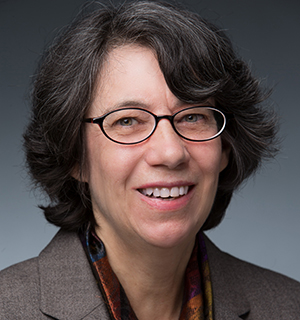
WKKF: What is the Health Equity Academy in System Transformation?
Fish-Parcham: Families USA is at the forefront of a movement to build and train a corps of health equity advocates to effectively participate in discussions and decision-making about health care system reform. We launched the Health Equity Academy in System Transformation in November 2019 to ensure the needs and priorities of communities are included in policymaking efforts. We bring together advocates from around the country who are interested in making a difference in Medicaid in their states to try to make sure that equity is a conscious part of the health care system.
Hunter: The key to [the academy] is collective action. I’m a partnerships person and what we need is the will of a broad spectrum of stakeholders to invest and expand and go out on a limb to support solutions that will advance true health equity that cuts across race and ethnicity. One of the unique opportunities is that we bring together a diverse array of fellows who have their own lens on what health equity means. The nearly 50 fellows who participate are in different places in their careers and in their current jobs, and so the opportunity for cross pollination to happen within the cohorts is extremely unique and rare in advocacy. They learn from each other, and we learn from them.
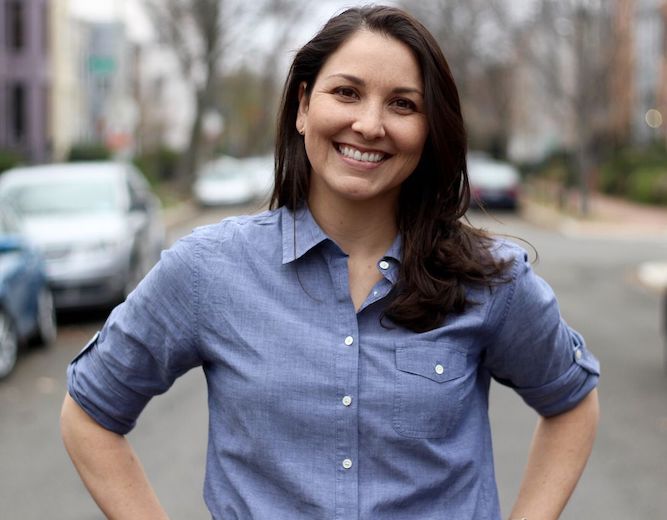
WKKF: What have been some of those key learnings?
Hunter: We have learned that when you invest in training a core of health advocates that can mobilize at the state and national levels, you see a lot of variation in terms of geography and political dynamics. For the cohorts, it is a matter of identifying the messages that work in very different communities and the specific goals people can work toward.
We’ve also learned that no matter where we are supporting or lending assistance to advocates, there is always a need to have a seat at the table. For some communities, it’s a matter of building a table where one didn’t exist. Even in states where there is the most evolved thinking about health equity, there’s still plenty of room to improve engagement.
For example: Oregon has been doing fantastic work to build health equity into their existing systems, especially in Medicaid. They have the mechanisms and processes in place for community feedback and input. And while some local partners were keyed in on what those opportunities were, some were not. That is part of our job in training: Engaging and empowering the fellows to make sure that they ‘bring a folding chair,’ to channel Shirley Chisholm.
If they don’t give you a seat at the table, bring a folding chair.
Shirley Chisholm, first Black woman elected to the U.S. Congress Tweet
Fish-Parcham: I’ll just add that there are lots of tables to be at. There are legislative tables at the state level and there are federal legislative opportunities right now. There are public health department tables at the county level, Medicaid agencies statewide and specific managed care plans. Advocates will be aware of one or two opportunities to influence equity, but they will not be aware of the others. The system is complex and there are many ways you can inform policy right now. Sharing that knowledge with the fellows has been useful.
Additionally, we’ve learned just how essential community health and home care workers are, both as important voices and in their ability to connect people to care. Once you know their value, you also realize that they need to be paid a family-supporting wage and given access to quality benefits. Home and community based service workers often lack benefits themselves, for example they lack sick leave, or they lack protective equipment to get them through the COVID era. There is a lot of work to do to get them equitable access to what they and their families need. They are a critical part of the health care team—we’ve learned that from our fellows.
Families USA Resource
Under the newly enacted American Rescue Plan, states can receive increased Medicaid funding from the federal government from April 1, 2021, through March 31, 2022, to “enhance, expand or strengthen” home- and community-based services. Specifically, states can claim a 10% increase in federal Medicaid matching funds for such enhancements. Families USA provides five recommendations of enhancements for advocates to pursue with their states.
WKKF: What has been the Health Equity Academy’s greatest impact?
Hunter: We are delivering a high level of connectivity among fellows, which has become even more important in the middle of the global pandemic. The Health Equity Academy provides a platform for sharing tactics that have worked in certain states, giving folks ideas for how to take the next step in their own advocacy in their own state.
There’s something about what the fellows are learning from each other in terms of the shared passion that they all have for this work, and I think it’s inspiring to the soul to some degree. It is really the heartbeat of the entire health equity movement. They are becoming a part of the overall health justice movement. The cross collaboration will pay off in the long term.
Fish-Parcham: We all have so much to learn collectively from what we share. One of the great benefits of the Health Equity Academy is that afterwards the fellows continue to come together and meet and talk about issues that are going on in their own states. People learn a great deal from each other based on their own experiences, victories and challenges.
For example, we’ve had presentations on how to create messages related to Medicaid expansion in Tribal communities, which I think is really very helpful in states that are pursuing expansion. Or one fellow who works in a union, recently shared tips on how to bring consumer stories to public attention.
WKKF: What have your fellows learned about the intersection of health equity and racial equity?
Hunter: The stark reality of institutional racism cuts across not just our healthcare system but it’s also endemic to the United States and our history. Families USA recognized early on that a focus on racial and ethnic equity for achieving good health, health coverage and health care access is critical. And our fellows already understand this.
Efforts to improve the cost and quality of health care are ongoing and have centered on transforming our health care system from one that pays for volume to one that rewards value. However, very little attention has been paid to including equity in this equation, and as a result, health system transformation initiatives that have been implemented thus far have failed to significantly reduce racial inequities and health disparities. And in fact, race neutral policy stalls the advancement of health equity, often resulting in harmful effects. Given that we are but one generation away from a workforce that is majority people of color, this is a grave oversight that requires immediate attention.

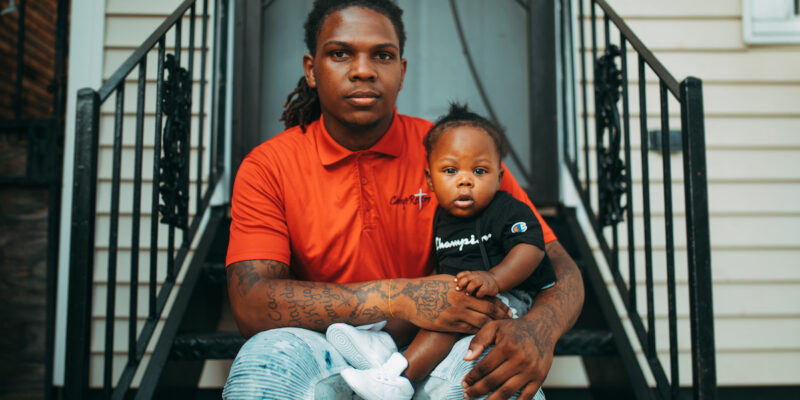

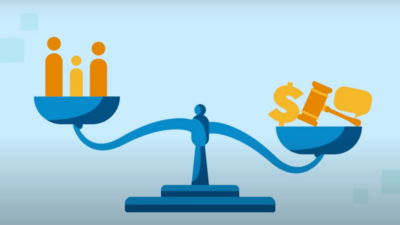

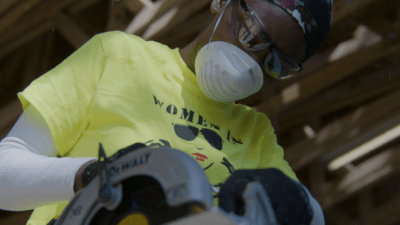
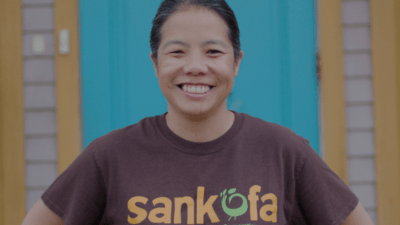

Comments